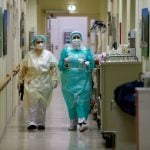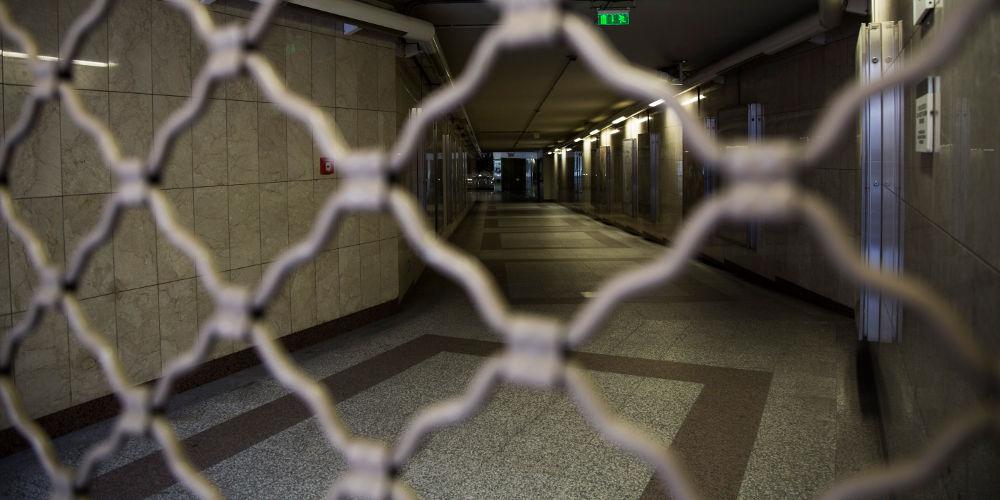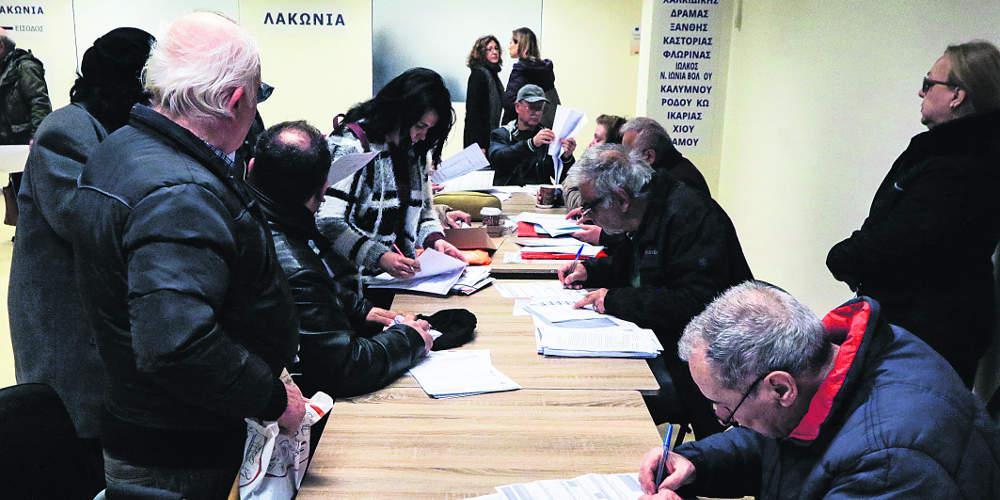“We are working on a plan for better pay for nurses, as I acknowledge that they are underpaid,” Georgiadis said to the ANA’s Michalis Kefalogiannis, while talking of a “revolution” in the system for hospital accident and emergency shifts, starting with the introduction of a new patient tracking system in 12 hospitals in the country from the end of May.
“Two or three months after its operation, the accident and emergency system will be entirely different in Greece. We will have 500 new ambulance workers and doctors at the ER departments by the end of 2025, advanced machinery from the recovery fund at more ER departments in Greece and an impressive tracking system for those that reach an ER. Soon, in the coming months, an app on your phone will inform you what the waiting time to see a doctor is at each of the hospitals on emergency duty. In other words, you will know the estimated waiting time before you set out and decide where to go. We will also be able to monitor each patient, how long the emergency shift delays, when examination results are out, even provide a diagnosis remotely. We are talking about a revolution,” Georgiadis said.
Regarding the patient tracking system, he said the prime minister was “left open-mouthed” when this was presented to him a few days earlier and that it would be eventually extended to all hospitals by the end of the year.
The minister announced that nurses employed in afternoon surgeries will be paid by the end of the month and also announced planned cooperation between the health ministry and municipalities to provide better services to cancer patients. “In collaboration with [Athens Mayor Haris Doukas] we will be given a building belonging to the Athens Home for the Elderly, which is very near the Laiko Hospital, to refurbish and use to provide treatment to cancer patients,” he said.
In another part of the interview, the minister revealed that the legal framework for surrogate motherhood will become stricter and announced that, following the measures concerning dieticians, the rules will also become stricter for psychotherapists.
“One cannot become a psychologist by simply attending a seminar! The laws will be enforced,” he said.
The ministry also plans to introduce stricter controls for tobacco products and vaping, he added, reducing the number of sale points and requiring young people to display an ID for their purchase. He noted, however, that it would be excessive in a country that relies on tourism, such as Greece, to entirely ban smoking outdoors.
Asked about his recent absence from television shows and whether this was related to problems in healthcare or a hair transplant that he underwent, Georgiadis confirmed that he had had a “successful hair transplant” but denied that it was the reason he had not appeared on television. “I decided to take a break after an intense period in which the Tempi [train accident] monopolised the headlines. I lifted a disproportionately heavy load, though looking at it now, with the benefit of hindsight, I consider that the way events unfolded has largely proved me true,” he said.
The health minister predicted that artificial intelligence will change everything to do with health in the next five years and also referred to his own efforts at the ministry to better people’s everyday lives.





























































